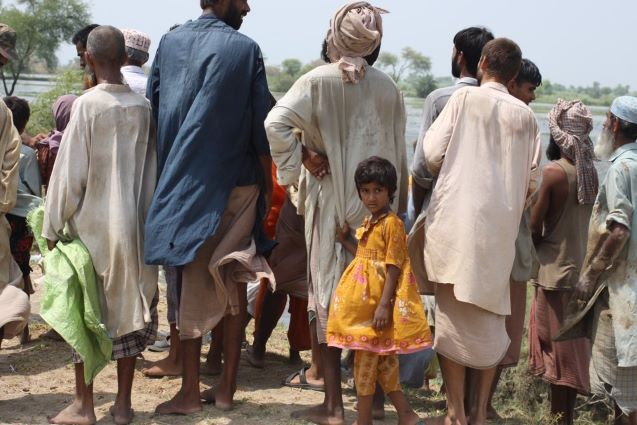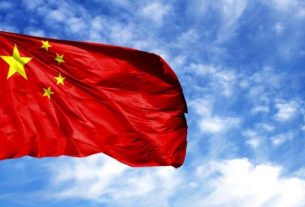A report published by the United Nations Institute of Water, Environment, and Health has placed Pakistan among 23 other countries in the “critically water insecure” category.
The Global Water Security 2023 Assessment published by the UN University on Thursday said 33 countries in total from three geographic regions were water secure while all regions had countries with low levels of water security.
According to a press release accompanying the report, the latest global water assessment led by United Nations water experts found that access to safely managed drinking water and sanitation was “still a pipe dream for more than half the global population, as more than 70 per cent or 5.5 billion people do not have safe water access, with Africa having the lowest levels of access, at only 15pc of the region’s population”.
“Three out of four people currently live in water insecure countries. More people die from a lack of safe drinking water, sanitation, and hygiene (WASH) services than water-related disasters,” the press release said.
It added that experts found the majority of the world’s population currently lived in water insecure countries such as the Solomon Islands, Eritrea, Sudan, Ethiopia, Vanuatu, Afghanistan, Djibouti, Haiti, Papua New Guinea, Somalia, Liberia, St Kitts and Nevis, Libya, Madagascar, South Sudan, Micronesia, Niger, Sierra Leone, Yemen, Chad, Comoros and Sri Lanka.
“This is a cause for major concern because water security is fundamental to development,” the press release reads.
According to the report, Sweden was the most water secure country, along with other European countries, including Denmark, Luxembourg, Austria, Norway, Switzerland, Finland and Iceland, Ireland, France, Lithuania, Greece, Germany, the UK, Estonia, Italy, Latvia, Spain, Slovakia, Slovenia, Croatia, Czechia, Hungary, and Portugal.
It pointed out that water secure countries in the Asia Pacific were New Zealand, Cyprus, Australia, Japan, Israel, Kuwait, and Malaysia while Canada and the USA were the only countries to make it into the water secure group in the Americas.
The press release pointed out that the assessment’s findings showed that “abundant natural water availability did not necessarily ensure water security.”
“Many countries in Africa, the Asia-Pacific and the Americas with abundant freshwater resources have high rates of WASH-attributed deaths due to limited WASH access, poor water quality, and water having low economic value despite potentially high economic losses due to floods or droughts,” the press release added.
It further said that the global assessment provided a “multidimensional comparison” of the state of water security affecting 7.8bn people across 186 countries midway into the Water Action Decade (2018-2028) and the 2030 Agenda for Sustainable Development.
“The report provides some very alarming statistics, arguing that the world is far from achieving ‘clean water and sanitation for all’ known as sustainable development goal (SDG) number six,” the press release reads.
It said that to provide a more “realistic understanding of the water security status around the world”, the UN report analysed water security in 10 aspects: drinking water, sanitation, good health, water quality, water availability, water value, water governance, human safety, economic safety and water resource stability.
“The results were worrying: 78pc of the global population (6.1bn people) presently live in water insecure countries,” the press release said.
The report found that Africa had the lowest levels of safe WASH services worldwide, contributing to low levels of water security in the region. It said that almost 31pc (over 411 million) of people in the 54 African countries, including 33 least-developed countries and six Small Island Developing States (SIDS), did not have access to a basic drinking water service.
“Only 201m people (15pc) have access to safely managed drinking water. In the case of sanitation services, 1.1bn (82pc) still live without access to a safely managed sanitation service,” the press release added.
Consequently, it said that more people died from a lack of safe WASH services globally than those killed in water-related disasters. “And, alarmingly, this situation is not improving: 2019 saw increased rates of WASH-attributed mortality in 164 countries compared to previous 2016 World Health Organisation (WHO) estimates.”
The press release added that comprehensive and accurate water quality assessment at the national level remained a challenge.
“The level of domestic wastewater treatment, assessed by WHO using household sanitation statistics, remains very poor (below 30pc) in Africa and large parts of the Asia-Pacific, and poor (below 50pc) in most South American countries, though there are exceptions in all regions,” the press release noted.__Dawn.com





